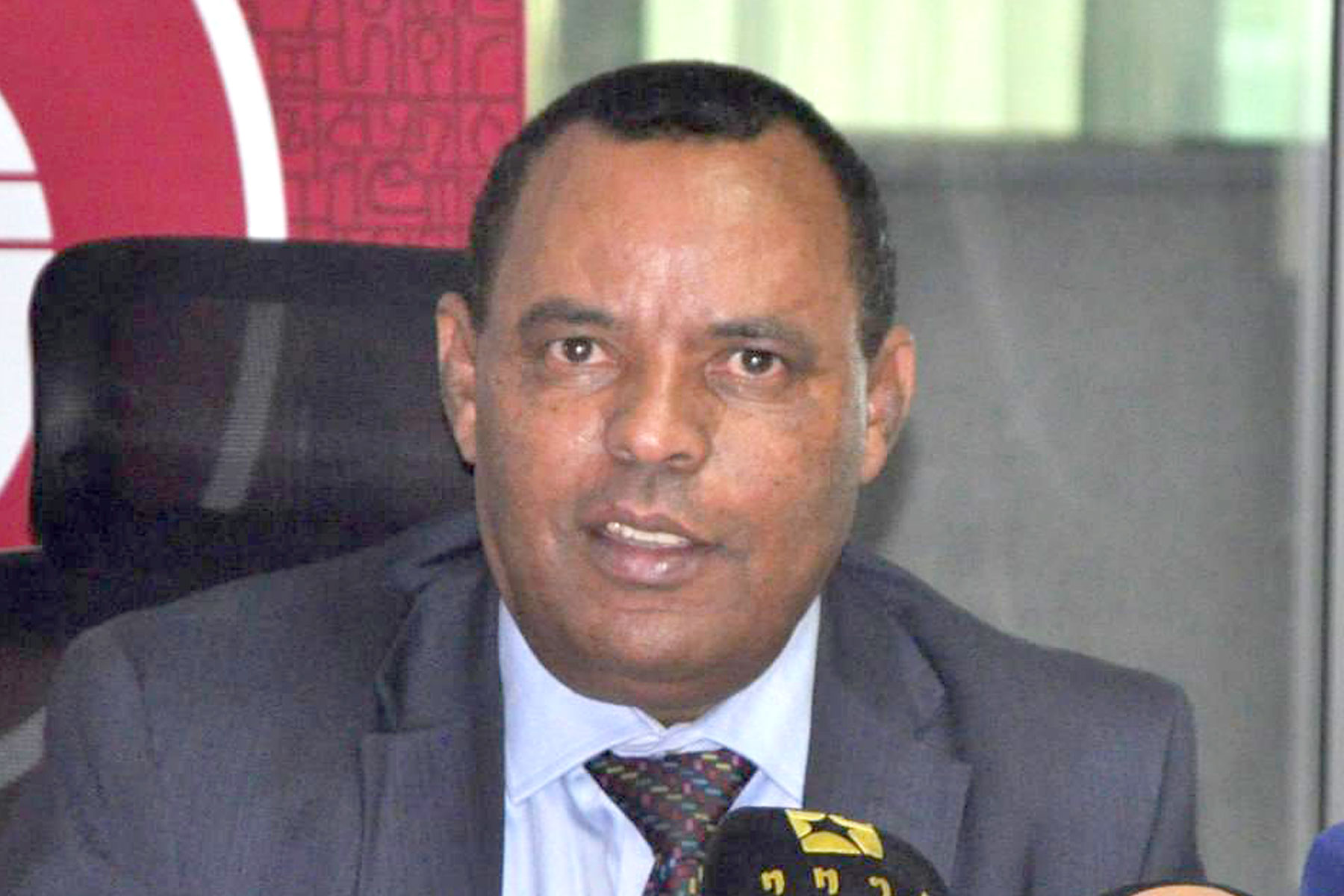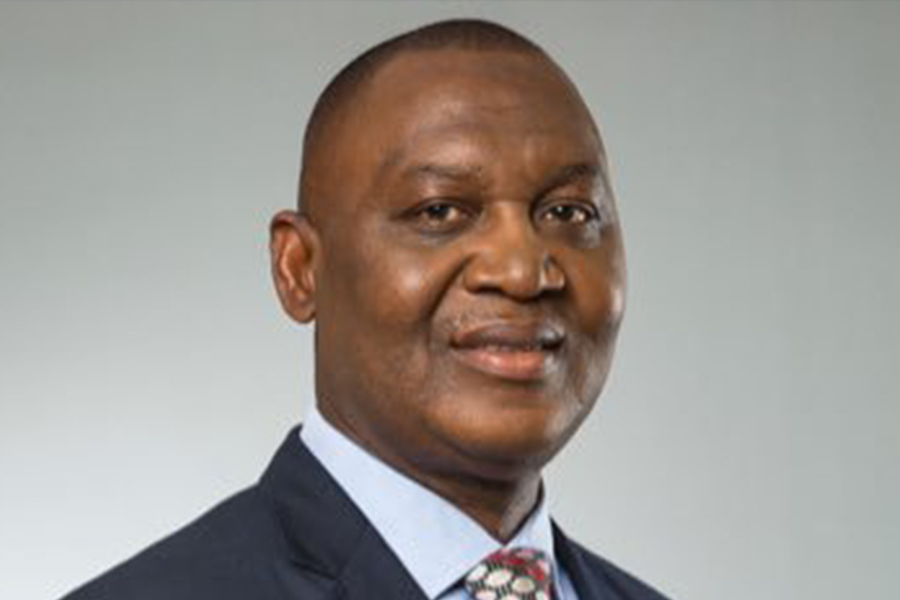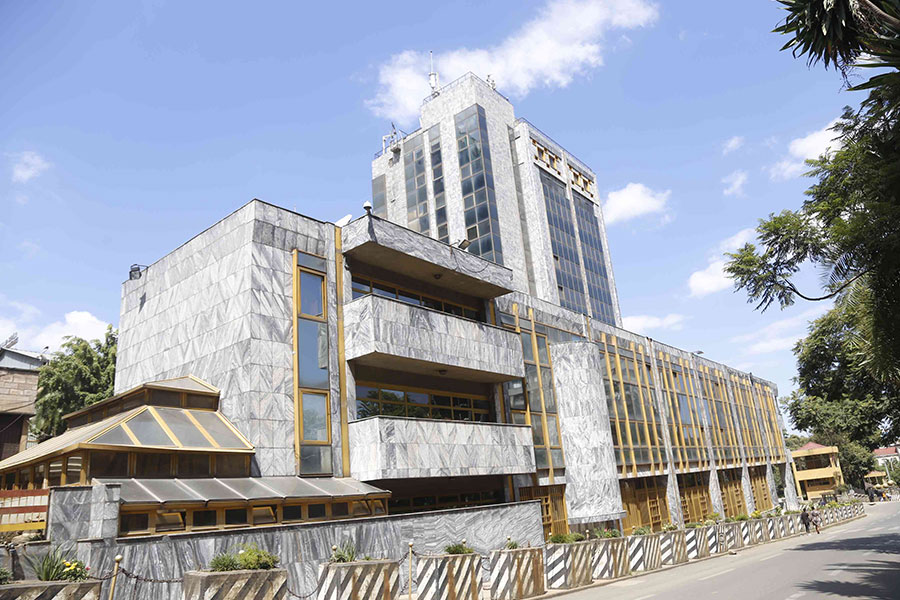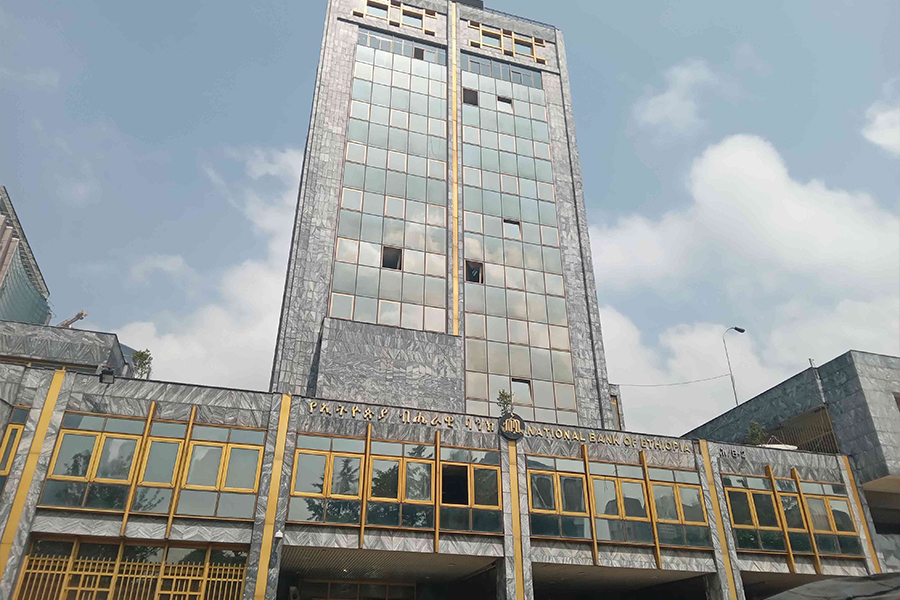
Amhara Bank finds itself embroiled in a detrimental controversy after its Board Chairman, Melaku Fenta, faced a rebellion from shareholders who petitioned regulators to investigate the Bank's governance. These shareholders have raised alarming accusations against several nominees for the Bank's board of directors, including claims of violating the country's laws and corporate governance rules.
The contentious situation has led to a chain of events, including the reshuffling of senior executives and the termination of the Bank's founding President, Henok Kebede, on Friday, December 8. This move was seen by many as an attempt to regain control amidst the escalating crisis.
The controversy surfaced about a month ago when the election committee revealed its bank board nominations. A petition, signed by over 20 shareholders and some management staff, was lodged before federal agencies, including the National Bank of Ethiopia (NBE), the Federal Ethics & Anti-Corruption Commission and the Prime Minister's Office. These petitioners, whose identities remained undisclosed, made solemn charges against nine of the 29 board nominees, alleging that they had a record of conviction, a serious indictment challenging their suitability for board membership.
The allegations against Melaku are particularly consequential. He was once reputable for increasing the country's tax-to-GDP ratio during his tenure as Director General of the Ethiopian Customs & Revenue Authority (ERCA). Melaku has a record of conviction in a corruption case tried at the Federal High Court, dating back six years. However, many believed at the time that the corruption charges against him and other defendants were politically motivated, a victim of an internal power struggle within the EPRDF-led government.
However, the petitioners raised his conviction history, as the central bank's regulations forbid individuals with a criminal record from running financial institutions. Yet, despite this, Melaku not only played a key role in forming Amhara Bank but has also been actively involved in the board election process.
The petitioners questioned his eligibility and the integrity of the election process. They claim that under Melaku's watch, the central bank locked approximately a billion Birr due to dereliction of duty in documenting information of share buyers. They accused him of nominating a former co-worker and co-defendant, Belachew Beyene, as a board member, a move that the shareholders argue violates corporate governance standards.
Melaku's response to these allegations has been one of retreat and silence. Initially, he expressed a desire to take time to address the issue. However, subsequent attempts to contact him for comments have been in vain, adding a layer of speculation around his role and position in Amhara Bank, which has the largest shareholders base of 150,000.
The Board's decision to end Henok's term as president of Amhara Bank was another significant development in this unfolding saga. It was signed by Melaku last week and alleged "incompetence, negligence, and misconduct" as reasons for the decision.
Previously served as Chief Operations Officer at Dashen Bank before assuming his role at Amhara Bank, Henock offered a different narrative. He claimed to have already resigned and maintained that his departure was unrelated to the allegations against the Board members.
"I had already resigned for personal reasons," Henok told Fortune.
He conveyed his commitment to seeing through a deal with PWC Consulting. He insisted that he left the Bank in good financial standing despite the Board's allegations, including a significant financial loss and mismanagement in acquiring the core banking system.
Amhara Bank has posted a loss of over 460.2 million Br from its operation in its founding year, although its Board had planned to achieve a 306 million Br profit.
Several individuals have also been identified in the petitioner's plea to the authorities as subjects to the probe they urge should be conducted.
Tewodros Yeshiwas, another board member and a significant shareholder in Gomeju Oil, incorporated seven years ago with 100 million Br capital and runs 81 gas stations, was also caught up in the accusations. Petitioners alleged that Tewodros obtained a loan currently categorised as non-performing through one of his companies and used another company, Quara Manufacturing Plc, to secure a 125 million Br loan, of which half was reportedly used to pay up subscribed capital at the Bank. He is also accused of attempting to secure two board seats through his companies, assigning the manager of Quara Manufacturing, Belay Gonfu.
Tewodros, however, has rejected these allegations, distancing himself from Quara and stating that Belay is not the company's manager.
"It [Quara] isn't my company," Tewodros told Fortune.
Mesnebet Shenkute, president of the Addis Abeba Chamber of Commerce & Sectoral Association and a prominent bank promoter during its formation, was also a subject of the allegations. The petitioners questioned her role at the Development Bank of Ethiopia (DBE), where she was a senior executive when the Bank issued over 20 billion Br in loans. They pointed out her position as a Yeshewa Berhan Microfinance board member as a potential conflict of interest while heading the project office of teh founding committee of Amahara Bank.
Mesenbet has dismissed these allegations as baseless and defamatory, challenging the petitioners to examine the documents at the DBE. She remains firm in her desire to serve Amhara Bank as a director and shows faith that the allegations will be cleared out.
"I would be happy to be reelected as a board member," she said.
Ferezer Ayalew, banking supervision head of the NBE, acknowledged receiving the petition but declined to comment further. The silence from the regulatory body adds to the ambiguity of the situation, raising questions about the role of regulatory oversight in such disputes.
However, the group behind the petition claimed their concerns were not new. Their decision to voice their concerns publicly, they said, was a long time coming, and the announcement by the election committee provoked them to bring the issues to light.
"Shareholders and previous founding members made dozens of complaints," one of the petitioners told Fortune. "We're unhappy about what was going on from the start."
Amhara Bank, which entered the financial sector with a paid-up capital of 4.5 billion, is now at a critical juncture. With its general assembly scheduled in two weeks and an acting CEO, Chanyalew Demissie, at the helm, the Bank faces apprehensions among shareholders and its staff. The allegations have not only cast a shadow over the individuals involved but have also brought into focus the broader issues of corporate governance, regulatory oversight, and the standards of ethical conduct in the expanding financial sector.
Although their leadership capacity was not questioned by the petitioners, shareholders such as Mesert Damte, Eden Ashenafi, Aschalew Tameru, Abebaw Geta and Belay Gonfu were among the nominated for board membership who have also received backlash.
Legal experts, like Gebeyaw Semachew, noted the gravity of the situation. Gebeyaw says that the election committee is responsible for vetting nominees' backgrounds for the board membership, while central bank regulators must ensure that the process meets regulatory standards. Given the sensitivity of leadership positions in financial institutions, he urged investigating the claims if evidence is presented.
PUBLISHED ON
Dec 09,2023 [ VOL
24 , NO
1232]

Sponsored Contents | Jun 17,2021

News Analysis | Apr 13,2024

Radar | Nov 20,2023

Fortune News | May 24,2025


Dec 22 , 2024 . By TIZITA SHEWAFERAW
Charged with transforming colossal state-owned enterprises into modern and competitiv...

Aug 18 , 2024 . By AKSAH ITALO
Although predictable Yonas Zerihun's job in the ride-hailing service is not immune to...

Jul 28 , 2024 . By TIZITA SHEWAFERAW
Unhabitual, perhaps too many, Samuel Gebreyohannes, 38, used to occasionally enjoy a couple of beers at breakfast. However, he recently swit...

Jul 13 , 2024 . By AKSAH ITALO
Investors who rely on tractors, trucks, and field vehicles for commuting, transporting commodities, and f...

Jun 28 , 2025
Meseret Damtie, the assertive auditor general, has never been shy about naming names...

Jun 21 , 2025
A well-worn adage says, “Budget is not destiny, but it is direction.” Examining t...

Jun 14 , 2025
Yet again, the Horn of Africa is bracing for trouble. A region already frayed by wars...

Jun 7 , 2025
Few promises shine brighter in Addis Abeba than the pledge of a roof for every family...